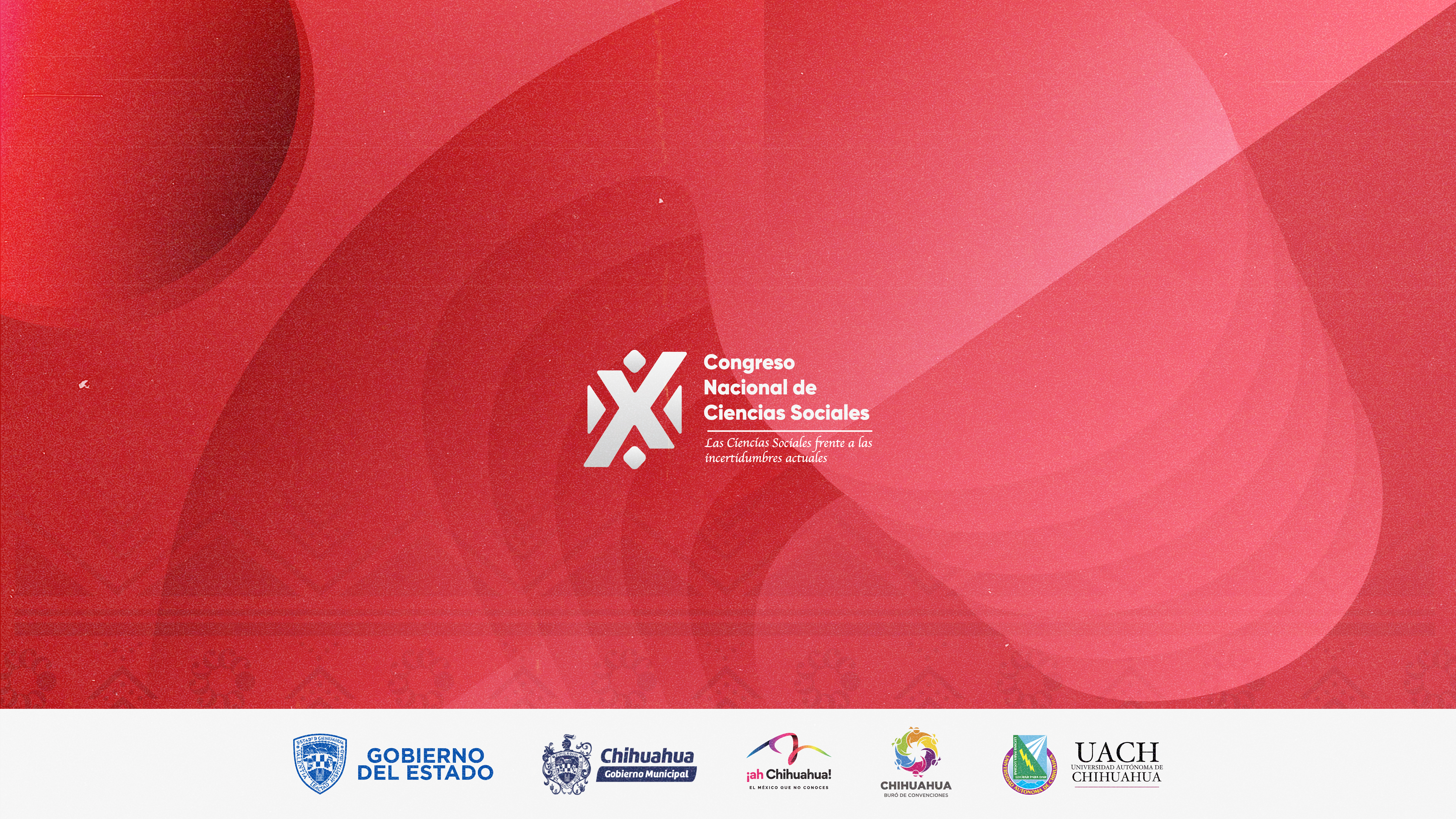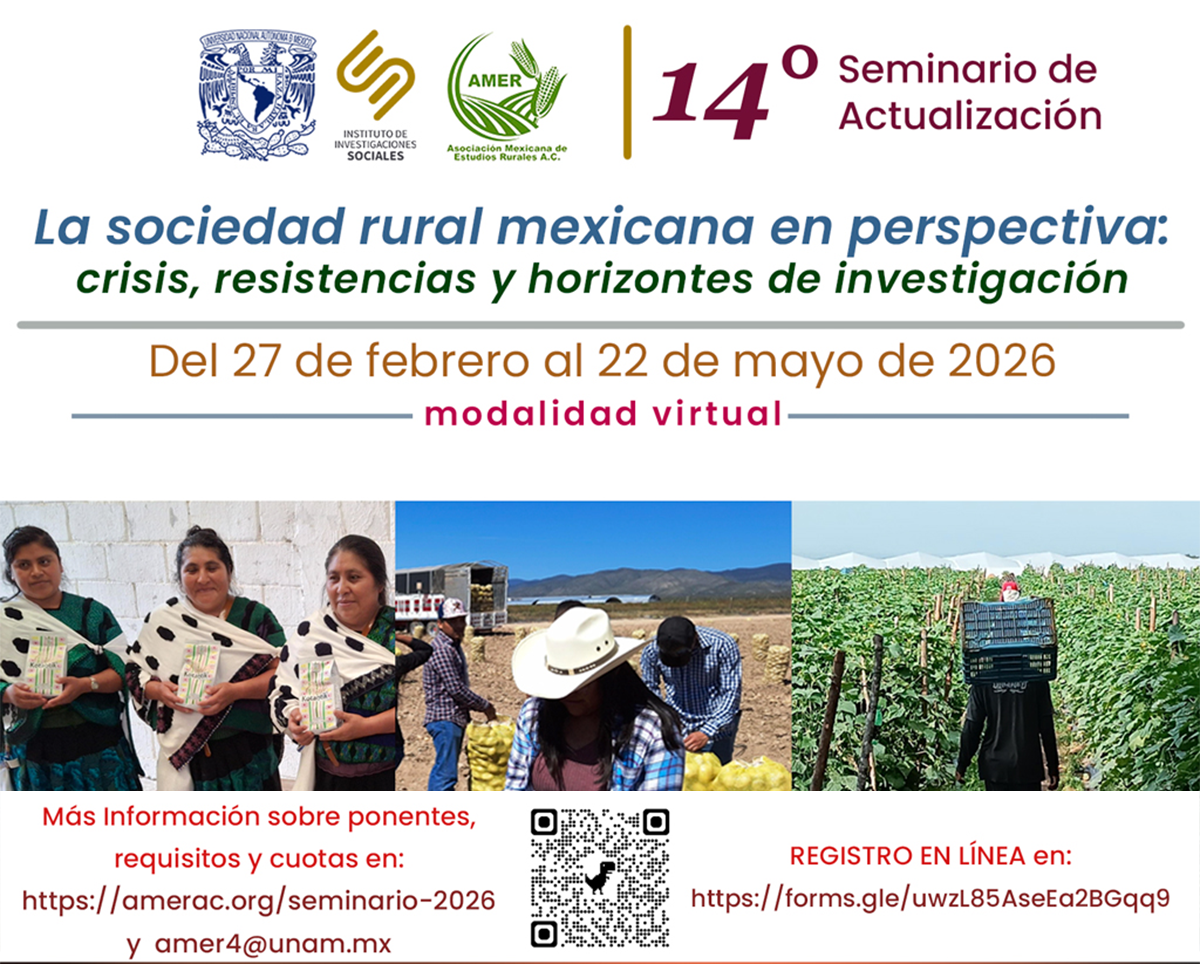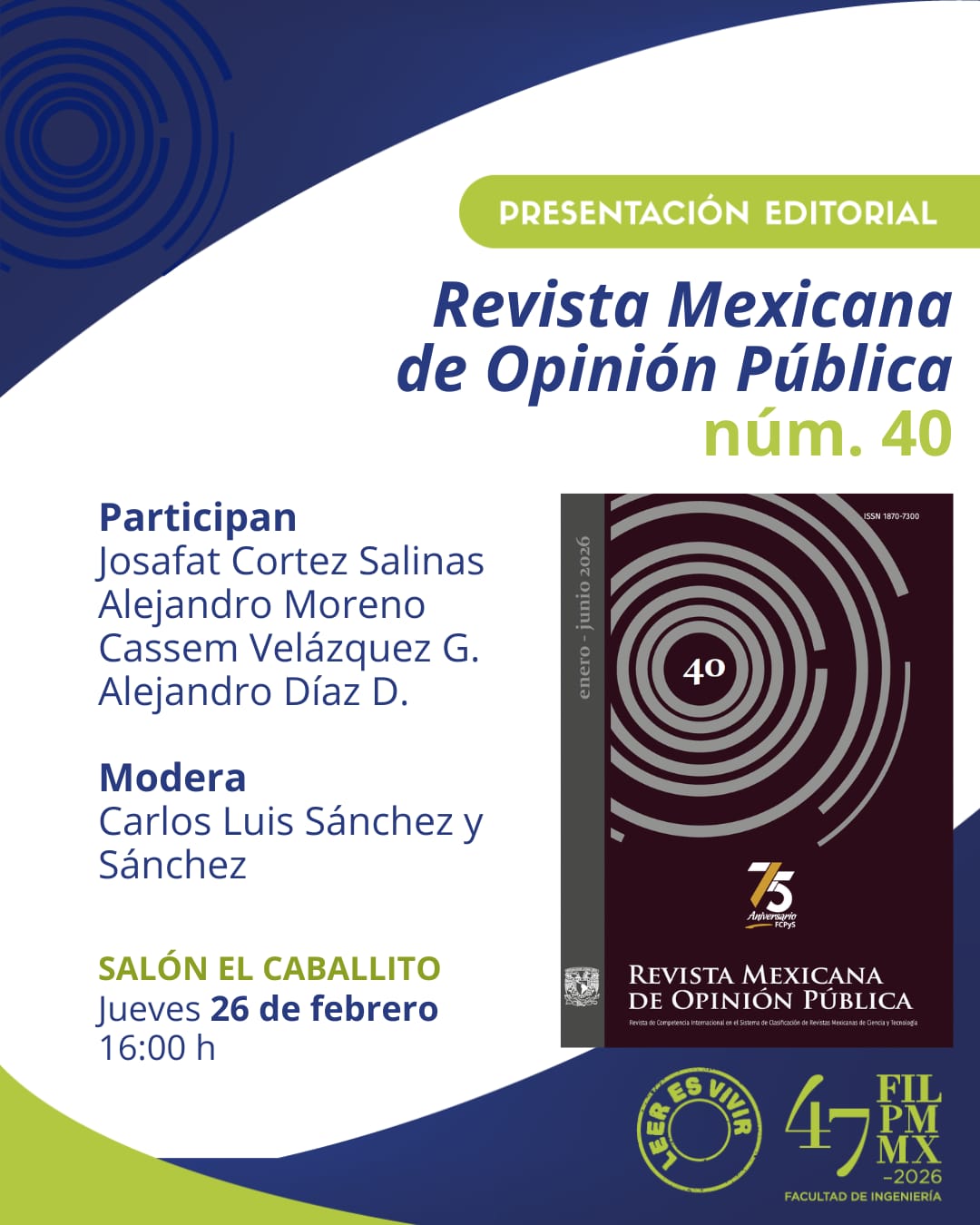Interface volume 14 issue 1
In this issue
In his article, ‘Can we do more experimental research with/in social movements?,’ Jacob Stringer proposes that more experimentation should be conducted within social movement research. In doing so, the piece outlines the necessary conditions for expanding experimental approaches, which depart from traditional research practices.
Next, in their paper, ‘Rural social movements and sustainable agricultural development in Sub-Saharan Africa’ Ellinor Isgren et al outline a collaborative research agenda focused on the role of farmer organisations in promoting sustainable and inclusive agricultural development. After having engaged in collaborative dialogue and conducted research with small-scale farmer-led organisations, local activist groups, transnational civil society networks, and varying academic institutions, their agenda aims to address the political barriers that hinder inclusive, sustainable development.
Fernando Velasquez-Villalba, ‘When the anti-System is democratising: Fujimorismo, neoliberalism and rage in the Peruvian bicentennial generation,’ critically explores political and historical contexts of the mobilisations against Fujimori in 2020 and its aftermath. The paper provides crucial insights and understandings of the implicit legacies of political and ideological interpretations of ‘fujimorismo’ that paved the way for the subsequent regime change and backlash. Nevertheless, the author argues that the 2020 mobilisations and its inherent struggles over memory had laid the ground work for furthering the movements for democracy.
Masoud Movahed and Elizabeth Hirsh’s article, ‘The regional determinants of collective action in the era of American Resistance,’ examines the factors influencing collective action during the ‘American Resistance’ period after President Donald Trump’s election. Utilizing data from Count Love, a machine learning tool that records protest details, including location, timing, and attendance, their research investigates how socio-economic factors, political partisanship, and demographic composition of states impact the frequency of protests and the number of participants.
In the article, ‘Death of the arena in Occupy Los Angeles’, Louis Esparza offers an ethnographic analysis of the rise and breakdown of Occupy Los Angeles. In the paper, Esparza examines the use of physical space as an arena where activists generate decisions, set rules, channel contention, and ultimately, how political differences took on spatial dimensions in Occupy LA.
In the article, ‘The cruel urgencies of belonging: Neoliberal individualism in progressive community organising’, Briana Bivens draws on conversations facilitated in 2020 with community organisers in the southeastern U.S. about tensions and stuck places in their organising to highlight how neoliberal, individualising logics can circulate in justice-oriented organising efforts, to the detriment of movement sustainability. The paper proposes that experimenting with capacity-building practices as an anti-oppressive strategy can disrupt neoliberal logics and support more sustainable and collectivist ways of relating in organising spaces.
Jeff Victor’s piece, ‘Organising the anti-war movement in rural America,’ offers a personal account of organising against the Vietnam War in small town America. The reflection provides insights into the challenges and opportunities of such work in the current moment.
Benjamin Duke’s piece, ‘UK squatters’ social movement’s crystal ball,’ critically analyses the UK’s Brexit as a socio-economic political decision that will have a profound effect upon the UK squatters’ social movements throughout the 2020s. In doing so, Duke’s piece offers a dire glimpse of the draconian policing, societal polarisation, intensifying division, and suppression of civil protest that are on the horizon in the UK.
In the article, ‘Hacking’ climate education methods within narrow policy frames to ask systemic and emancipatory questions. Practice notes from Leith, Scotland,’ Justus Wachs argues that many climate educators operate within narrow policy frames that reproduce ‘externalizing’ views of climate change and aim to engender behavior change instead of inquiring into root causes and underlying assumptions. By reflecting upon a climate education programme Wachs facilitated over a span of two years, the piece illustrates how climate education methodologies can be ‘hacked’ to ask more systemic questions while achieving individual behavior change.
In the article, ‘Incubating grounded transnational advocacy networks: The making of transnational movements for marriage migrants,’ Shih Hsin shows why and how transnational movements for marriage migrants have been incubated from the grassroots level and developed into regional and international levels through continuously linking grassroots empowerment to transnational networking. In doing so, the paper argues that, in the case of transnational movements for marriage migrants, domestic transnationalism is the necessary condition for transnationalism beyond nation-state boundaries.
In the article, ‘The path is the goal: Utopia as process,’ Matt York argues that if we are to move beyond our current states of bewilderment, disorientation, and denial, we will need to establish new grounded utopias that, rather than being not-now and nowhere, are co-imagined and lived right here and
right now. In examining the anarchist concept of permanent revolution, York draws on classical and contemporary anarchist theory, as well as from a recent collective visioning project involving a global cross-section of anti-capitalist, ecological, feminist and anti-racist activists.
Finally, to round out this issue of Interface, we have three book reviews, including David Graeber and David Wengrow’s The Dawn of Everything: A New History of Humanity (2021), which is reviewed by Daniel Fischer; Darren Byler’s Terror Capitalism: Uyghur Dispossession and Masculinity in a Chinese City (2022), which is reviewed by Isaac K. Oommen; and Diego Castro and Huáscar Salazar’s América Latina en Tiempos Revueltos: Claves y Luchas Renovadas Frente al Giro Conservador (2021), which is reviewed by Armando Bravo and Ricardo Miranda.
volume 14 issue 1>>
Te puede interesar

Convocatoria Feria del libro
Laura Gutiérrez - Feb 04, 2026FERIA DEL LIBRO X CONGRESO NACIONAL DE CIENCIAS SOCIALES “Las Ciencias Sociales frente a las incertidumbres actuales” INVITACIÓN Información general…

Hoteles con convenio | X Congreso Nacional de Ciencias Sociales
Laura Gutiérrez - Ene 28, 2026X Congreso Nacional de Ciencias Sociales Las Ciencias Sociales frente a las incertidumbres actuales del 23 al 27 de marzo…

Memorias del IX Congreso Nacional de Ciencias Sociales
Roberto Holguín Carrillo - Jul 02, 2025IX Congreso Nacional de Ciencias Sociales Las ciencias sociales y los retos para la democracia mexicana. Realizado en el Instituto…

La sociedad rural mexicana en perspectiva
Laura Gutiérrez - Feb 16, 2026Universidad Nacional Autónoma de México, Instituto de Investigaciones Sociales y la Asociación Mexicana de Estudios Rurales, A.C. 14° Seminario de actualización…

Especializaciones en Ciencias Políticas y Sociales
Laura Gutiérrez - Feb 16, 2026Universidad Nacional Autónoma de México CONVOCATORIA DE SELECCIÓN E INGRESO AL PROGRAMA ÚNICO DE ESPECIALIZACIONES EN CIENCIAS POLÍTICAS Y SOCIALES…

Debating the American Dream
Laura Gutiérrez - Feb 16, 2026Universidad Nacional Autónoma de México, el Centro de Investigaciones Interdisciplinarias en Ciencias y Humanidades invitan a la Presentación del libro…








